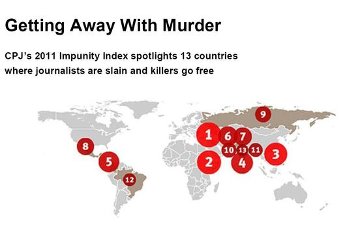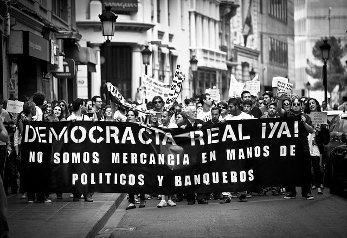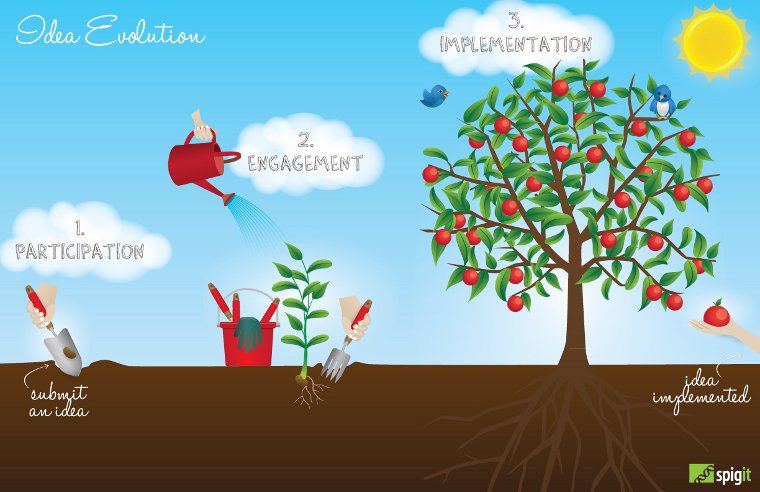If anyone could claim to be leading by example in an age of austerity, it is José Mujica, Uruguay’s last president, who has forsworn a state palace in favor of a farmhouse, donated the vast bulk of his salary to social projects, flied economy class and driven an old Volkswagen Beetle. The president was a former member of the Tupamaros guerrilla group, which was notorious in the early 1970s for bank robberies, kidnappings and distributing stolen food and money among the poor. He was shot by police six times and spent 14 years in a military prison, much of it in dungeon-like conditions. Since becoming leader of Uruguay in 2010, however, he has won plaudits worldwide for living within his means, decrying excessive consumption and pushing ahead with policies on same-sex marriage, abortion and cannabis legalization that have reaffirmed Uruguay as the most socially liberal country in Latin America. Praise has rolled in from all sides of the political spectrum. His country is proud of its social traditions. The government sets prices for essential commodities such as milk and provides free computers and education for every child. Key energy and telecommunications industries are nationalized. Under Mujica’s predecessor, Uruguay led the world in moves to restrict tobacco consumption. A few months ago, it passed the world’s most sweeping marijuana regulation law, which will give the state a major role in the legal production, distribution and sale of the drug. Such actions have won praise and – along with progressive policies on abortion and gay marriage – strengthened Uruguay’s reputation as a liberal country – although Mujica always claimed that Uruguay’s options to improve society are still limited by the power of global capital.
Related Articles
life and times of Antonio Negri
Impunity, a film about Colombia
and the links of crime and politics
scheduled for 2030
how do you overcome religious divisions?
Achievements of the Indignados movement
examining the case of Spain
Coronavirus: the good, the bad and the return of politics
Belgrade: The coronavirus threat has united the world under one threat but has also signaled a return to philosophical and political thinking, argues activist Filip Milenkovic in an interview with OLBIOS.
A small city can also innovate
the story of Manor Labs
Data governance in the public sector: The buzz and the practice
Arturo Rivera Perez, Policy Analyst at OECD, writes on the connection between good data governance and cohesion and integration
The unexpected Egyptian activist
the fight of Wael Ghonim
the Hemispheric Institute of Performance and Politics
![]()
STAY IN TOUCH
SUBSCRIBE TO OUR NEWSLETTER
AND RECEIVE OUR LATEST STORIES










